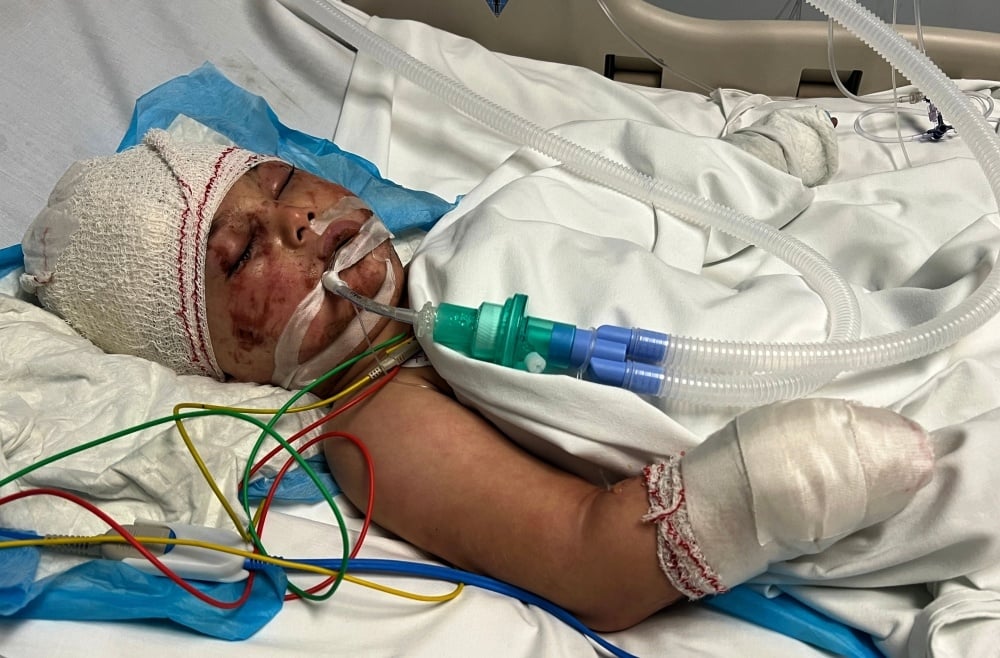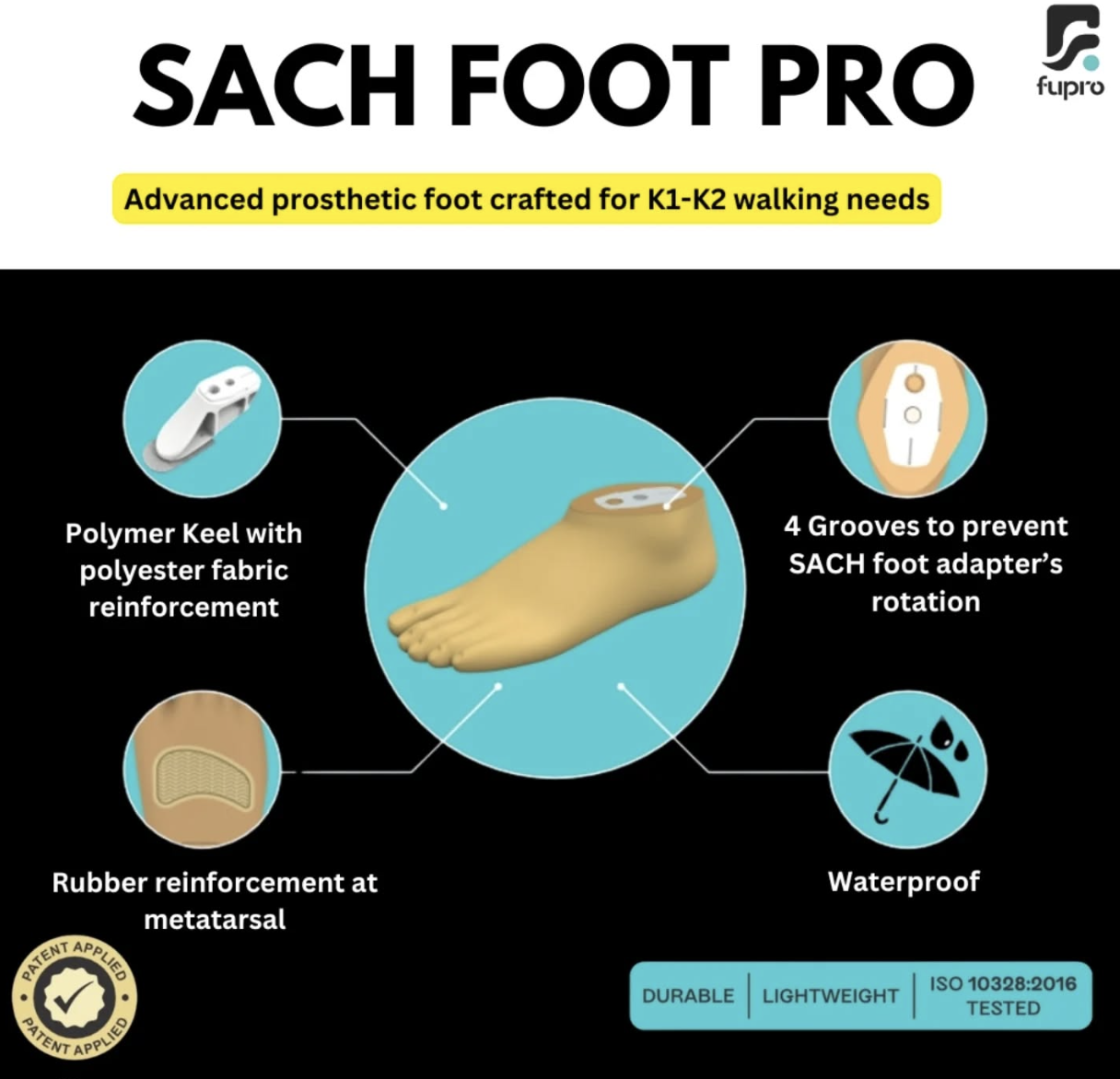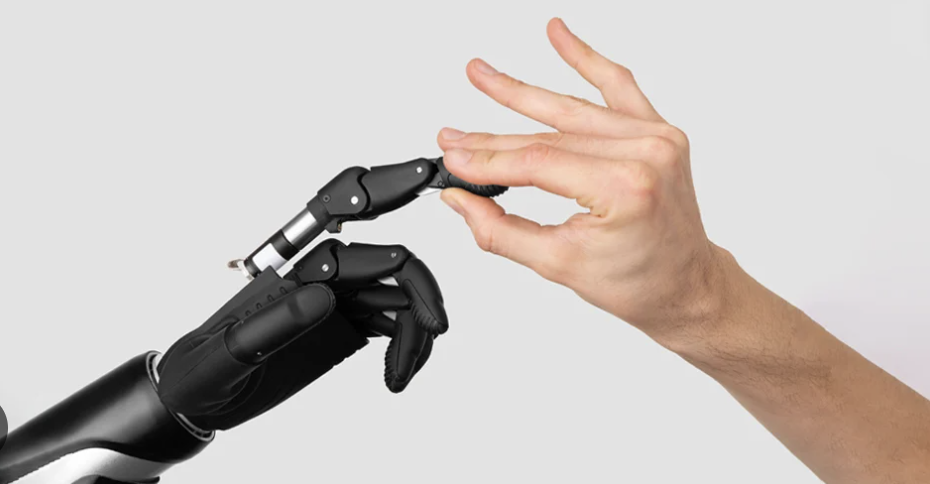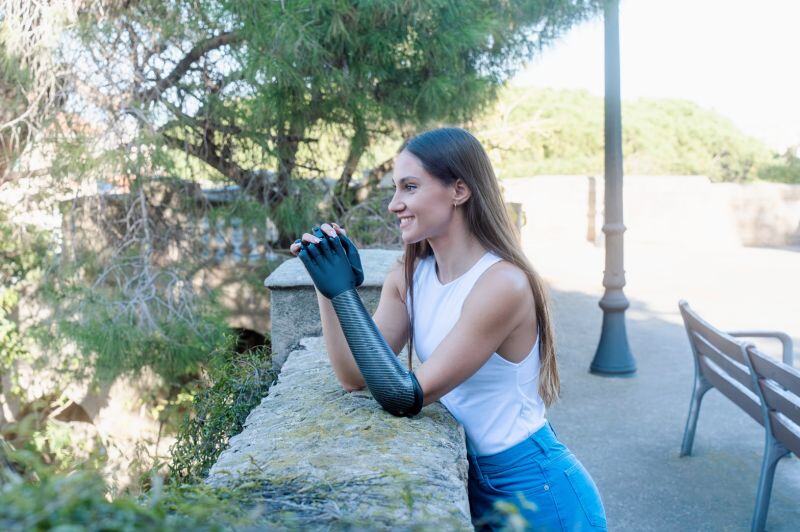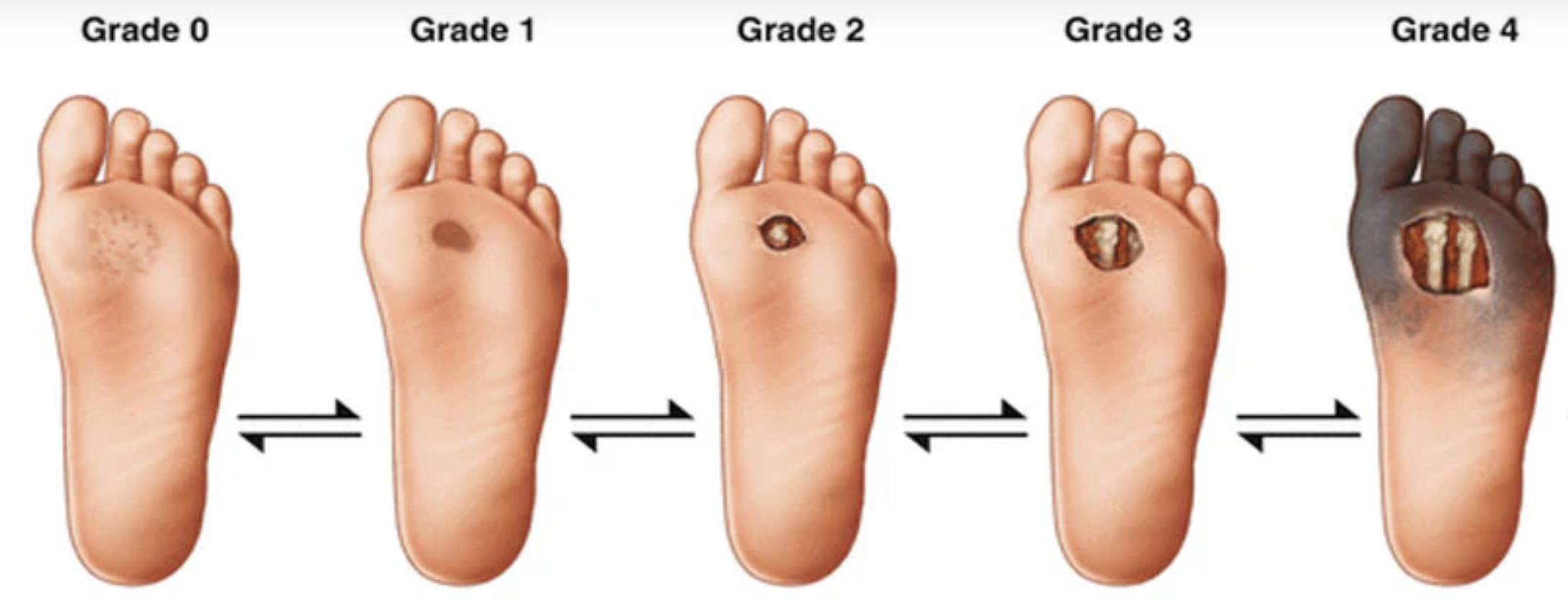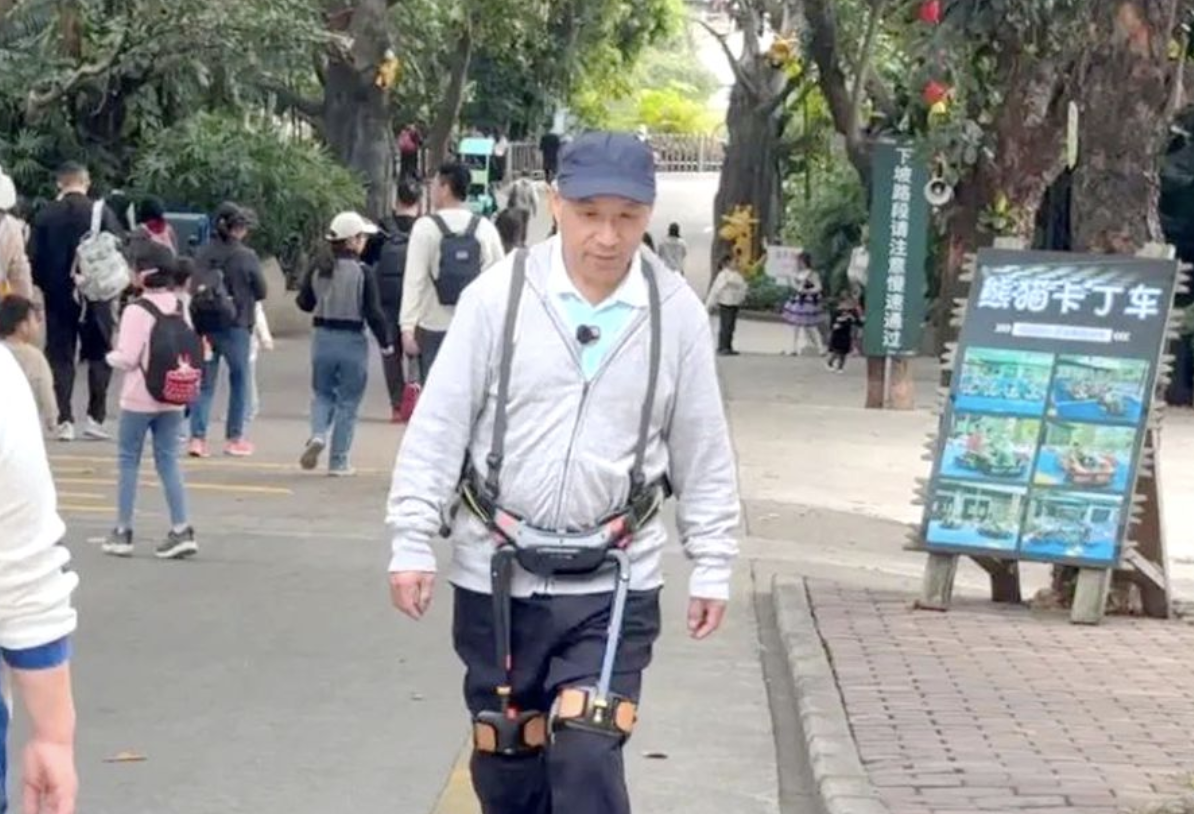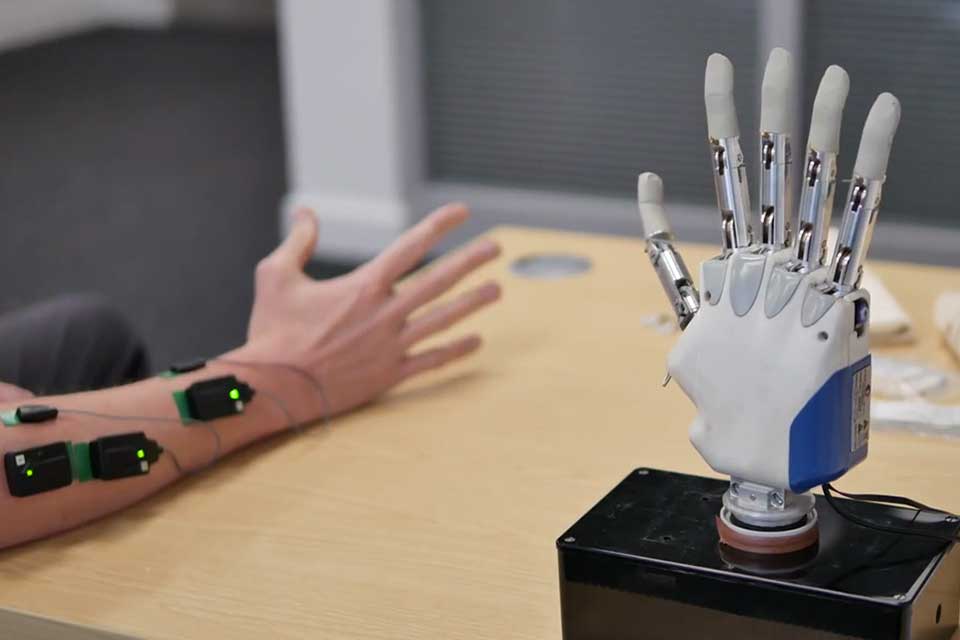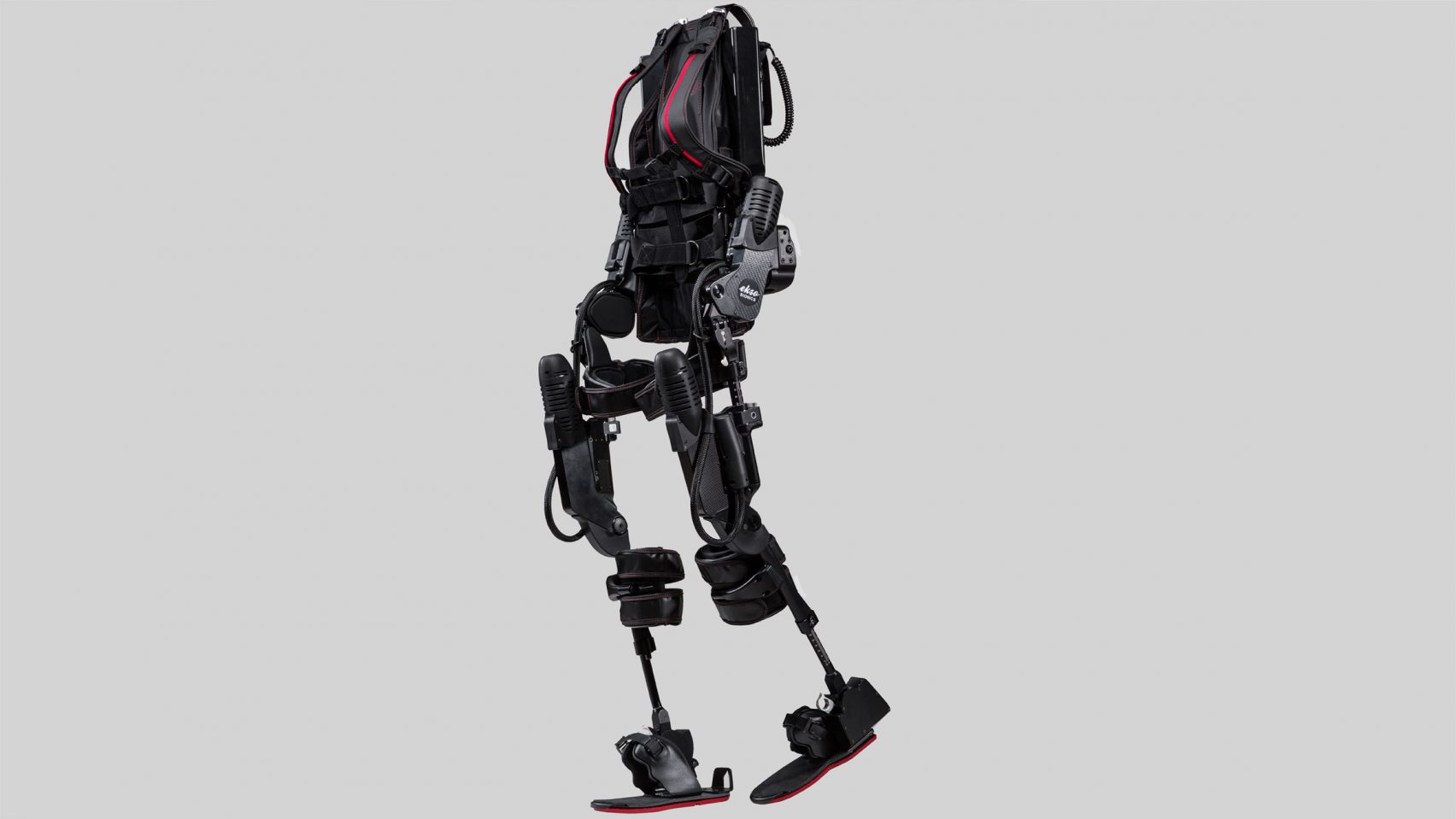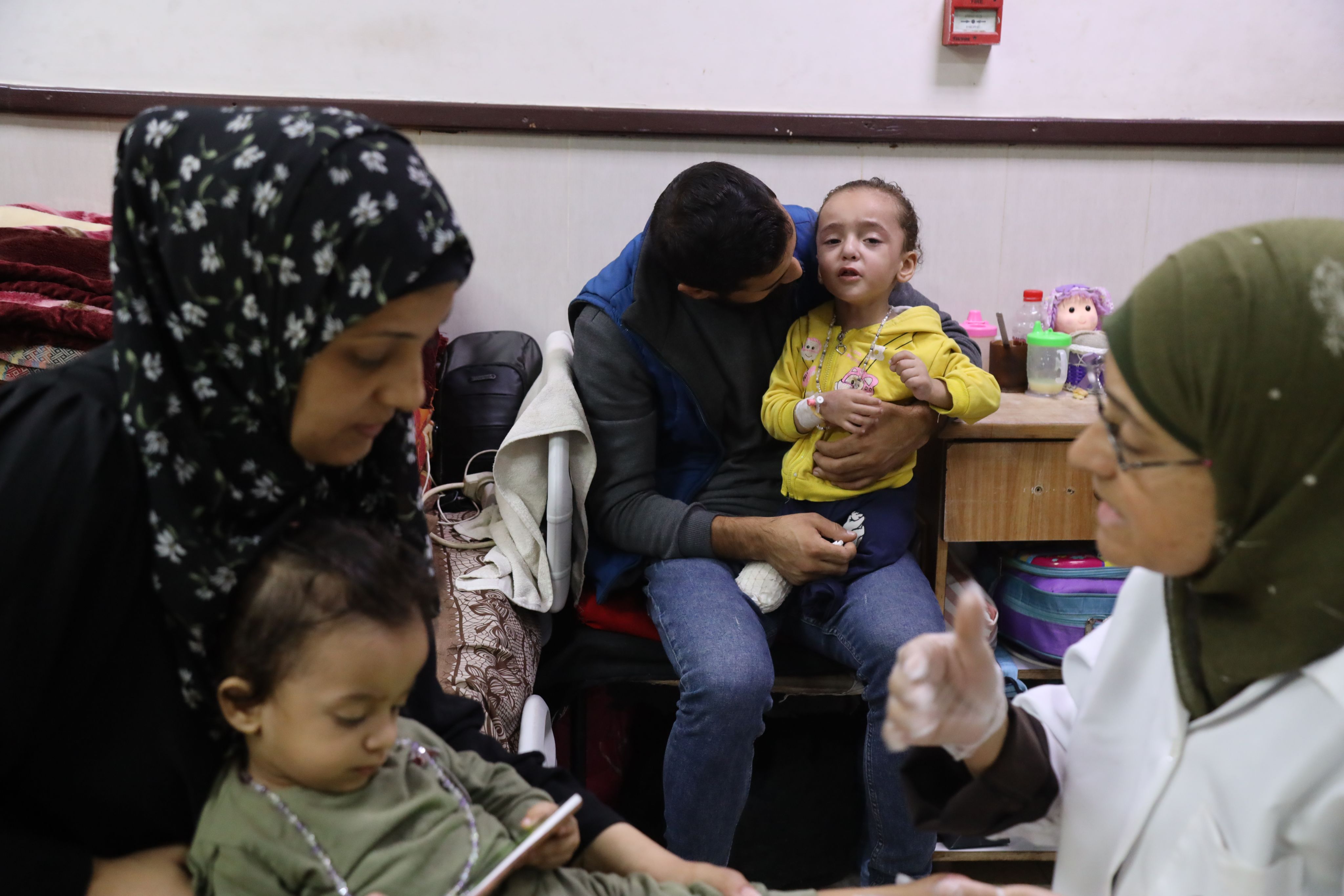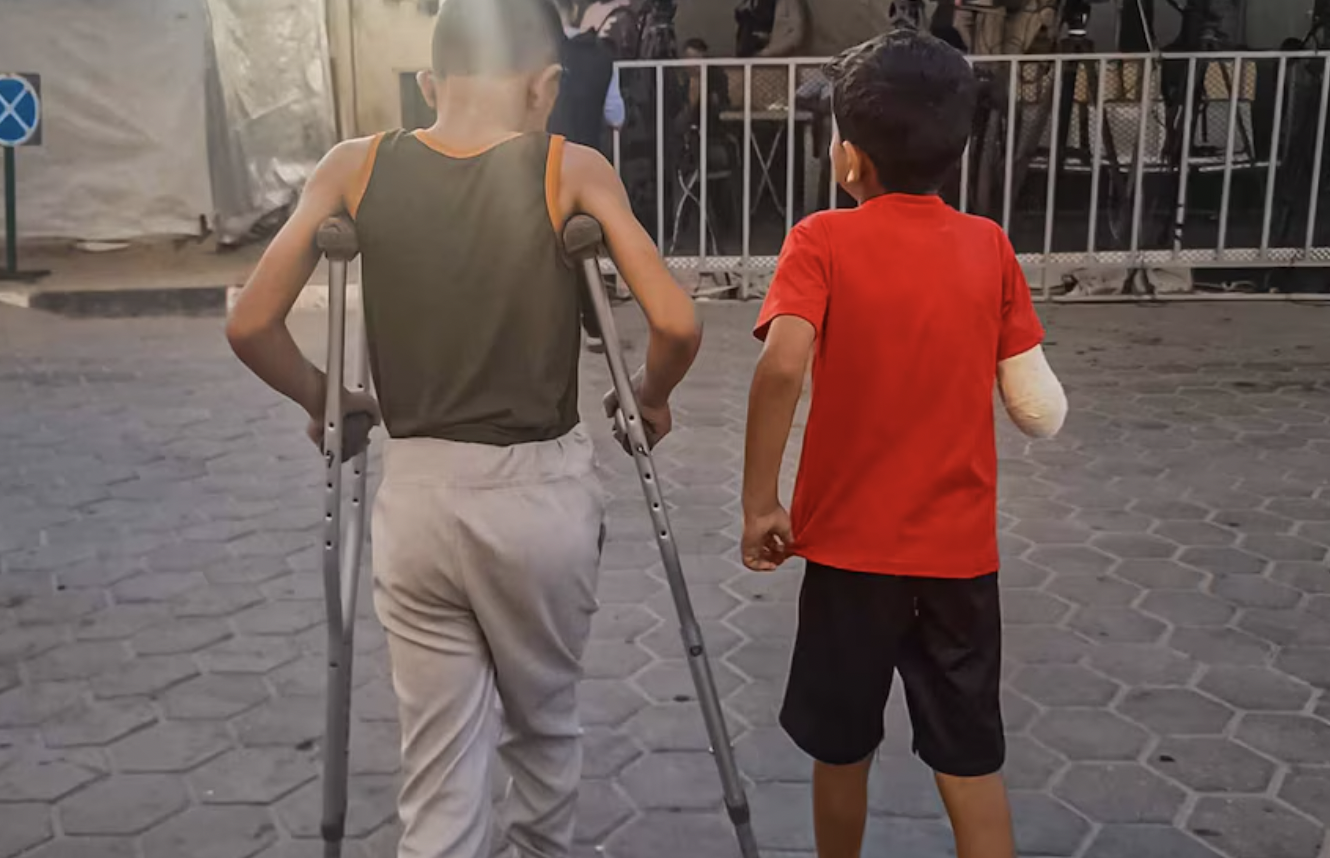Mahmoud Zayyat Rescuers did not expect to find two-year-old Ali Khalifeh alive after an Israeli strike on southern Lebanon killed his entire family and left him trapped under the rubble for 14 hours.
Amputated, bandaged and hooked to a respirator in a hospital bed that was way too big for him, “Ali is the sole survivor of his family,” said Hussein Khalifeh, his father’s uncle.
The toddler’s parents, sister and two grandmothers all perished in the strike on October 29, weeks after Israel intensified its attacks on Hezbollah militants.
The strike on Sarafand, some 15 kilometres (nine miles) south of the coastal city of Sidon, flattened an apartment complex and killed 15 people, many of them relatives, according to residents.
“Rescue workers had almost lost hope of finding anyone alive under the rubble,” 45-year-old Khalifeh told AFP from the hospital in Sidon where his two-year-old relative was being treated.
But then “Ali appeared among debris in the shovel of the bulldozer, after we all thought he had died,” he said.
“He emerged from the rubble, barely breathing, after 14 hours.”
Israel has been at war with Hezbollah since late September, when it broadened its war focus from fighting Hamas militants in Gaza to securing its northern border with Lebanon.
An escalating Israeli air campaign, after nearly a year of low intensity cross-border fire, has killed more than 2,600 people across Lebanon since September 23, according to health ministry figures.
‘Psychological scars’
Signs of the violence were apparent even at the hospital in Sidon where Ali was rushed to following the strike on Sarafand.
The toddler, under a medically induced coma after doctors amputated his right hand, has since been transferred to a medical facility in the capital Beirut where he is due to undergo pre-prosthetic surgery.
“Ali was sleeping on the couch at home when the strike hit. He is still asleep today... were are waiting to complete his surgeries before waking him up,” said the relative Hussein Khalifeh.
Other family members were also fighting to stay alive after the Sarafand strike.
One of Khalifeh’s nieces, 32-year-old Zainab, was trapped under the rubble for two hours before being rescued and transferred to the nearest hospital, said the man.
It was there that she was later informed that her parents, her husband and three children, aged between three and seven, had all been killed.
The strike left her with only one, severely injured eye.
Zainab said she “did not hear the sounds of the missiles that rained down on her family’s home,” according to Khalifeh.
“She only saw darkness and heard deafening screams,” he said.
Ali Alaa El-Din, a doctor treating her, said that “the psychological scars that Zainab suffered are much greater than her physical injury”.
He has also tended Zainab’s sister Fatima, 30, who was wounded in the same strike.
Both had injuries “throughout their bodies, with fractures in the feet and damage to the lungs,” said the doctor.
Medically, he added, “Zainab and Fatima’s cases are not among the most difficult cases we have faced during the war, but they are the most severe from a psychological and human perspective.”
